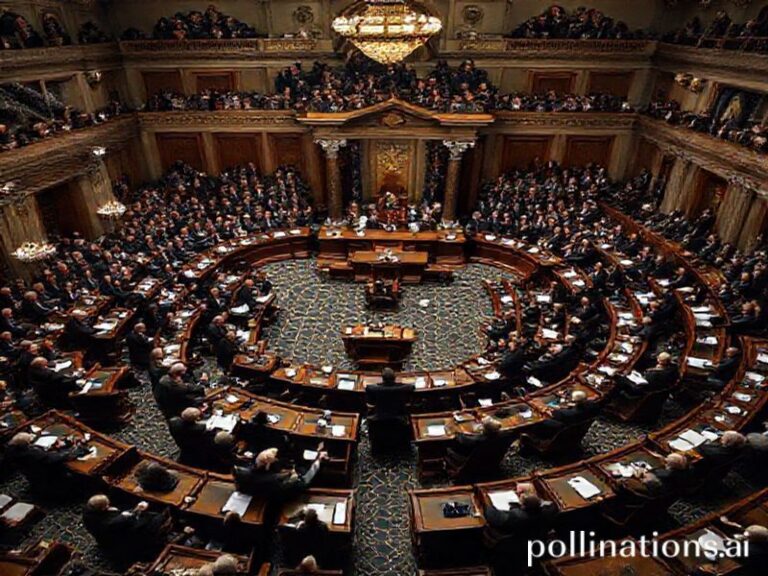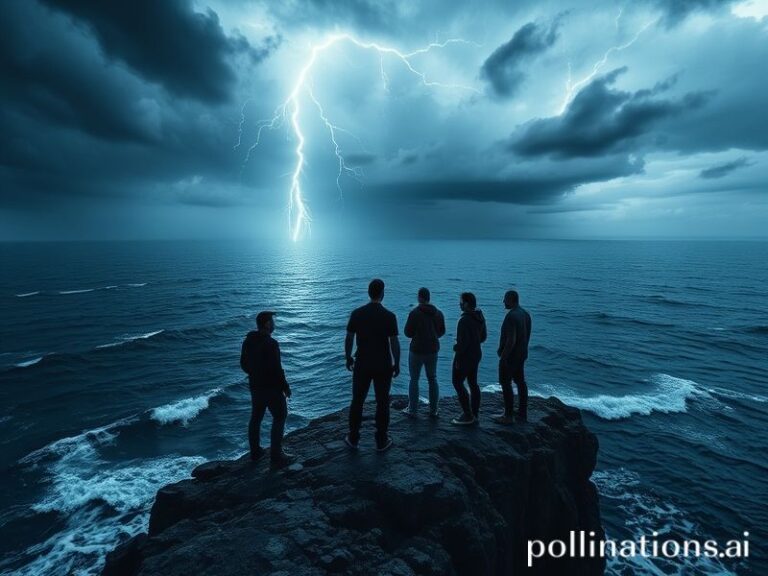Hostage Release: The Global Drama That Has Everyone on the Edge of Their Seats
# **Hostage Release: The Global Drama That Has Everyone on the Edge of Their Seats**
In a world where news cycles move faster than a TikTok dance trend, the topic of “hostage release” has managed to capture global attention. It’s not just another hashtag or fleeting meme—it’s a real-life drama that’s got people talking, tweeting, and yes, even making memes. But why is this topic trending globally, and what makes it so significant? Let’s dive in.
### **The Cultural Context: From Hollywood to Headlines**
Hostage situations have long been a staple of Hollywood blockbusters, from *Taken* to *The Negotiator*. We’ve all seen the tropes: the desperate family, the ticking clock, and the hero who always seems to pull off the impossible. But in real life, hostage releases are far from scripted. They’re messy, emotional, and often politically charged.
Recently, high-profile hostage releases have dominated headlines, from the dramatic rescue of American citizens abroad to the complex negotiations involving international actors. These events aren’t just news stories; they’re cultural moments that spark conversations about diplomacy, security, and human resilience.
### **Social Impact: The Power of a Hashtag**
In the age of social media, news travels at lightning speed. A single tweet or viral post can turn a local incident into a global phenomenon. Hostage releases are no exception. When news breaks, hashtags like #BringThemHome or #HostageRelease trend, turning individual stories into collective calls to action.
Social media also plays a role in shaping public opinion. Memes, opinion pieces, and even satirical takes on hostage negotiations flood our feeds, reflecting the public’s complex emotions—relief, anger, and sometimes even skepticism. It’s a reminder that in the digital age, news isn’t just consumed; it’s experienced.
### **Why It’s Significant: More Than Just a Headline**
Hostage releases are significant for several reasons. Firstly, they highlight the delicate dance of international diplomacy. Negotiations often involve multiple countries, intelligence agencies, and political interests. A successful release can ease tensions, while a failure can escalate conflicts.
Secondly, they humanize global issues. Behind every headline is a family waiting for news, a community holding its breath, and individuals whose lives are forever changed. These stories remind us that geopolitics isn’t just about borders and treaties; it’s about people.
Lastly, hostage releases spark debates about security, justice, and the ethics of negotiation. Should governments pay ransoms? How do we balance the safety of hostages with national security? These are complex questions that don’t have easy answers, but they’re worth discussing.
### **The Memes, The Meme-ing**
Of course, where there’s drama, there are memes. The internet has a way of turning even the most serious topics into shareable content. From “Distracted Boyfriend” edits to “Woman Yelling at a Cat” captions, hostage release stories have inspired a wave of memes that are equal parts funny and thought-provoking.
But here’s the thing: memes aren’t just for laughs. They’re a way for people to process complex emotions and connect over shared experiences. A well-timed meme can turn a heavy news cycle into a moment of levity, reminding us that even in the darkest times, humor can be a coping mechanism.
### **Conclusion: A Global Conversation**
Hostage releases are more than just news stories; they’re cultural touchstones that bring people together in shared moments of hope, fear, and relief. They remind us of the power of diplomacy, the resilience of the human spirit, and the role of social media in shaping public discourse.
So, the next time you see a trending hashtag or a viral meme about a hostage release, remember: it’s not just a headline. It’s a story that connects us all, a reminder of our shared humanity in an increasingly interconnected world.







